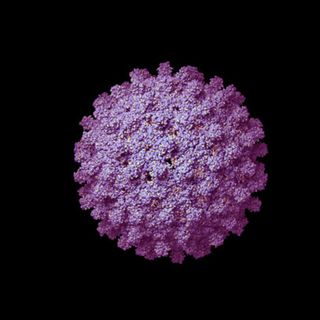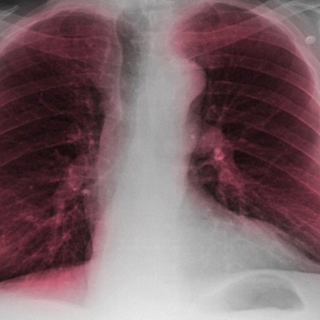
Controversial Study Suggests Potential Link Between Pollution, Psychiatric Disorders
Experts stand divided on the study’s data and interpretation.

A controversial new study by an international team of researchers has found poor air quality coincides with higher rates of bipolar disorder and clinical depression in the U.S. and Denmark. Data from Denmark also suggested exposure to air pollution in the first 10 years of life predicted twice the likelihood of experiencing schizophrenia or personality disorders later.
It’s the first study to connect air pollution with psychiatric disorders, though recent research is increasingly suggesting poor air quality has an effect on the brain: studies have linked air pollution to cognitive delays in children and to low moods and poor emotional health. Research has also suggested air pollution might affect the health of our mouths and throats, lungs, and reproductive systems. That said, research into the effects of air pollution on human health, mental and physical, is a nascent field and not one that has reached too many hard-and-fast conclusions.
Researchers of this study did not establish air pollution as the cause of mental health disorders, however. Psychiatric disorders including mood disorders, such as bipolar disorder and depression, personality disorders, and psychosis, such as schizophrenia, are the result of a complex interplay between environmental, genetic and biological factors. This makes the new findings far from the final word on whether and how air pollution affects mental health.
In fact, the new study, published in the journal PLOS Biology, has garnered criticism from many peer reviewers, who suggested biased data sets and bias in the interpretation of them.
Related on The Swaddle:
Air Pollution Caused Thousands of Premature Deaths in Indian Metros in 2016
“A causal association of air pollution with mental diseases is an intriguing possibility. Despite analyses involving large datasets, the available evidence has substantial shortcomings and a long series of potential biases may invalidate the observed associations,” including inconsistencies and incomparabilities between the two data sets, writes John Ioannidis, PhD, of Stanford University, in a special commentary on the findings solicited by the journal, given their controversy; Ioannidis was not involved in the study, but did assist PLOS Biology in its editorial process. “More analyses by multiple investigators, including contrarians, are necessary,” he concludes.
Andrey Rzhetsky, the study’s lead author, agreed in a statement that more research is required, but also pointed to animal studies that have reached similar findings.
“We hypothesized that pollutants might affect our brains through neuroinflammatory pathways that have also been shown to cause depression-like signs in animal studies,” he said in the statement.
To reach their finding, Rzhetsky and team compared 10 years of insurance claims by 151 million individuals in the U.S. to national-level — not region-specific — pollution data that included air, water, land and “built environment” quality and weather patterns, as well as to sociodemographic data associated with risk factors for psychiatric disorders. They also compared national health treatment records for 1.4 million Danes with national pollution records.
Without a doubt, air pollution has an effect on human health. At best, these new findings are a signpost to point future researchers toward related investigations and a deeper understanding of how; at worst, they are a red herring to rule out. Either way, there’s an argument to be made that the more insight we have into the health effects of air pollution, the better — even if it’s not conclusive and air-tight. The researchers specifically cite Delhi’s 2017 record-setting smog, which brought about an increase in mortality rates, as an impetus for pursuing their line of inquiry. With 22 of the world’s top 30 worst-polluted cities in the world located in India, it may be best to keep an open mind as we wait for evidence to build.
Liesl Goecker is The Swaddle's managing editor.
Related


Optimists Live Longer, Finds Decades‑Long Harvard Study
